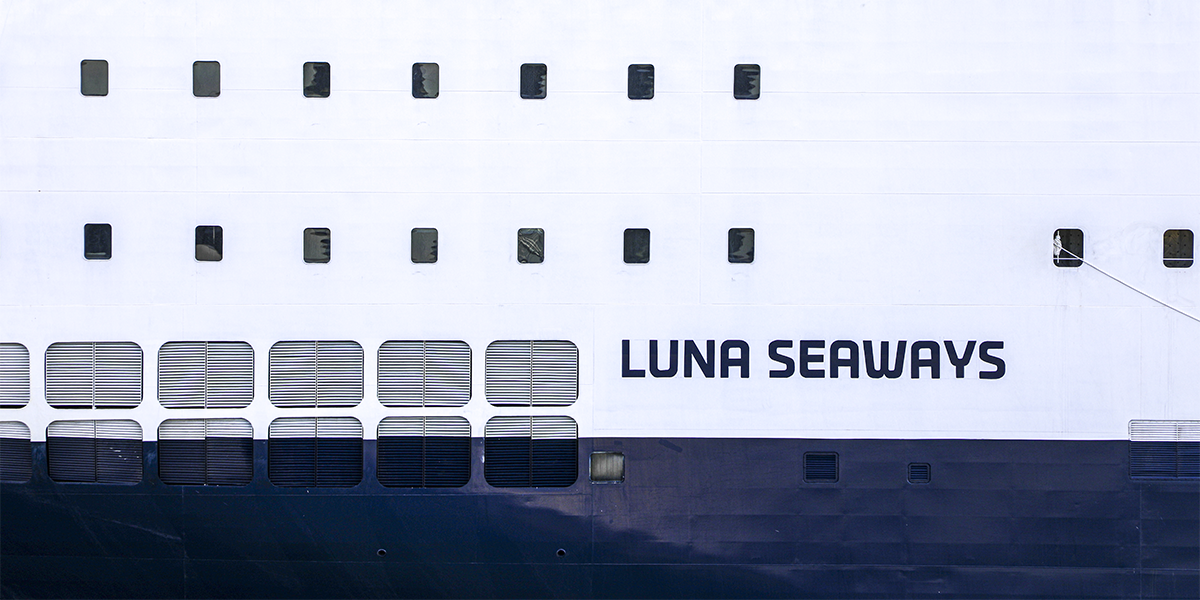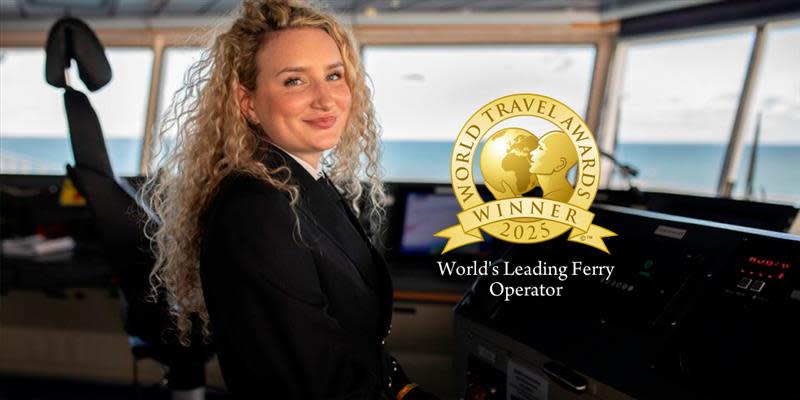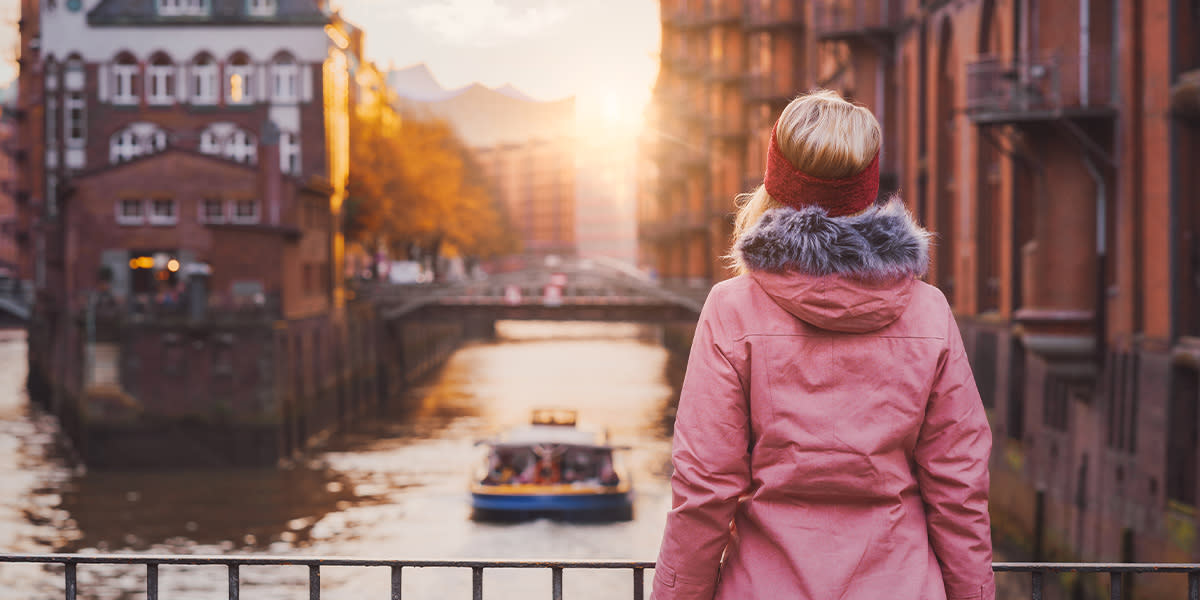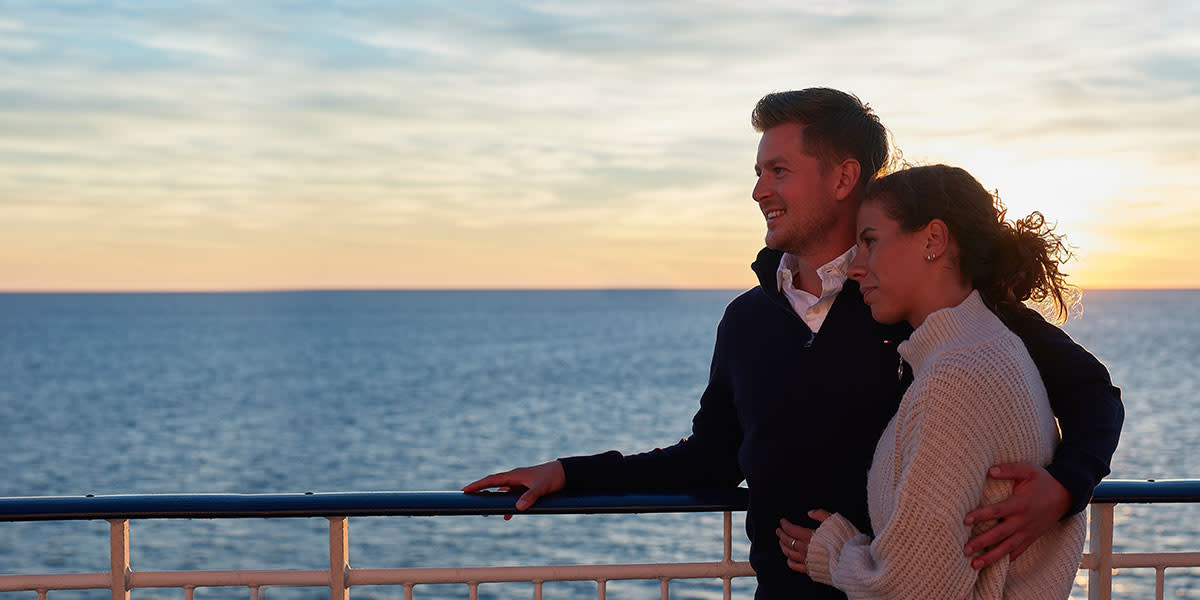
Naming ships
We don't name cars, but we do ships: the historian explained why
"You sit in the office and watch - salary sails away...", Romualdas Adomavičius, the deputy director of the Lithuanian Maritime Museum and the chief custodian of the funds, jokes about the ship "Alga" sailing in Klaipėda. Some ship names really make you smile, others have a deep personal meaning, others are related to superstitions or traditions... But why are ships given names at all - after all, we don't do that with cars? An expert in the history of shipping reveals the roots of this tradition and the curiosities surrounding it.
The tradition of giving female names has caught on
Naming ships dates back thousands of years and was initially based on fear, superstition and faith. Giving the ship and its crew an appropriate name was thought to protect them from danger in the unpredictable and mystical waters of those times.
According to R. Adamavičius, the earliest ship names were recorded around 1500 BC in ancient Egyptian texts from the time when ships are called by pharaohs and names associated with them.
"In the tradition of ancient Greece and Rome, in addition to the names of deities and rulers, there are names of ships that emphasize the characteristics of the ship (e.g., strength, speed, etc.), the principles of public management (e.g., the galley "Democracy"), the peculiarities of the geographical region - for the owner of the ship nearby cities, regions, countries. The names of aquatic animals were also used, which had to testify to the identity of the ship to the water world," says the historian.
With the rise of Christianity, the names of saints for ships became popular, especially Mary's. Later, the tradition of naming ships after religious authorities, rulers of states or their relatives took hold, and merchant ships were often given the names of deities and mythical creatures.
18th-19th centuries the previously existing custom of calling ships by names of female origin that impressed the ship's owner also emerged. Sailors have long regarded ships as feminine entities, associated them with protection and care. Also, although "ship" is masculine in Lithuanian, it is feminine in most European languages.
As an example of the traditions of names at that time, R. Adomavičiaus remembers the famous sailing ship built in Klaipėda in 1858- "Mary Jane", because its owner named it in honor of his daughter.
According to R. Adomavičius, a different tradition was formed on military or state service ships - more "masculine" names spread here, reflecting the names of historical figures, places significant to the nation's consciousness, ships or commanders who excelled in service.
In Lithuania, it is popular to be called by the names of cities
"Over time, the romanticized religious and symbolic names of merchant ships were replaced by names of ships given on the basis of historical memory or meaningful words declaring the values and views of the owner of a private ship," says the historian.
For example, although the very first merchant ships in Lithuania were built on the characters of maritime mythology - "Jūratė" and "Kastytis", between the wars Lithuanian shipping companies called merchant steamships after towns and cities in the country - Klaipėda, Palanga, Kretinga, Utena, Marijampole, Šiauliai, Panevėžys, Kaunas, Nida and Trakai. This was how the direction of the state was demonstrated - towards the sea.
The only interwar Lithuanian warship was given the name of the leader of Lithuania - "President Smetona".
According to R. Adomavičius, after the regaining of independence, by renaming the merchant and fishing ships of the former Soviet fleet, "the tradition of cities and towns, historical personalities were also remembered. For example, the first cargo ships built in the restored Lithuania received the names "Vytautas" and "Gediminas".
Both "flower class" and a reminder of ancient cities
This year even two new ferries of the leading European ferry operator DFDS started sailing in the Baltic Sea - twin ferries Aura Seaways and Luna Seaways.
Vaidas Klumbys, the head of public relations and communication of the company, says that when ships of the same type (in other words, sister ships) are purchased or built, they are usually given names with the same theme.
"For example, DFDS has what the company poetically calls 'flower class' ships, which are ro-ro sister ships built in the same shipyard and named after flowers - Begonia Seaways, Gardenia Seaway, Acacia Seaways, etc. ", he names.
Previously, when the company was still called "DFDS Lisco", its ships also sailed with the names of Lithuanian cities: "Vilnius", "Kaunas", "Klaipėda", "Panevėžys".
However, it is important for international companies that ship names are easy to read and understand for people of various nationalities, so DFDS usually chooses Latin names. For example, such fraternal ships as "Victoria Seaways", "Regina Seaways" or "Athena Seaways" sail from Klaipėda named after goddesses.
"Sometimes when choosing the names of the ships, it is also taken into account which countries the ship will connect or under which country's flag it will sail. Ships sayling the Mediterranean between Türkiye and Italy and France bear the names of ancient cities of antiquity, e.g. "Troy Seaways", "Ephesus Seaways", "Olympos Seaways", V. Klumbys from DFDS shares an example.
Earlier, the ferry "Mukran" used to sail to Klaipėda seaport, which was named after the seaport in Germany, on the island of Rügen. R. Adomavičius remembers that it was one of the first big ferries to sail to Lithuania, and the name stuck with everyone so much that the people of Klaipėda started to call all big ferries "mukrans" - the original name simply became a common word.
An expert in the history of shipping admits that nowadays there are no clear trends in ship names - there are remaining historical and cultural traditions and global trends, but often the name is determined simply by universal creativity.
"Take a walk around the leisure boat marinas - you will be surprised what people do not come up with to emphasize the uniqueness of their boat with a name. The new "traditions" are free and creative, advises R. Adomavičius, chief custodian of the Lithuanian Maritime Museum.
Our routes

Proudly named the World’s Leading Ferry Operator
We did it! We retained our titles as both Europe’s Leading Ferry Operator and the World’s Leading Ferry Operator again in 2025.
We were also once again recognised as having the best website in our industry – scooping both the European and World awards in 2025.
A heartfelt thank you to everyone who voted, and to our passengers, colleagues and partners who contribute to our continued success – we couldn’t do it without you all.



